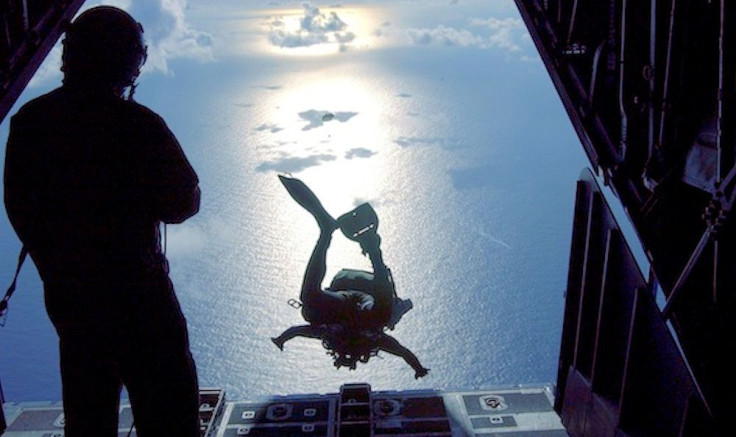2 Deaths In The Same Unit This Year: AFSOC Halts All Jump, Dive And Mountain Training

KEY POINTS
- AFSOC has banned all parachute, diving and mountain training until further notice.
- Two deaths in the last quarter of 2019 have caused the military to review all associated training.
- Both men that died were serving in the same unit and died in separate incidents.
Two major incidents in the fourth quarter of 2019 have caused the United States Air Force to suspend all parachute, diving and mountain training until a service-wide assessment can be completed. The training is imperative for the U.S. special operations teams to be successful in carrying out their duties, but the military wants to make sure that safety is the top priority. This recent history of training related deaths seems to underscore the importance of proper training and safety enforcement.
In October, Technical Sargent Peter Kraines, 33, died while participating in mountain rescue training in Idaho. The local coroner listed the cause of death as blunt force trauma. According to a report by Stars & Stripes, the man fell approximately 40 ft. while climbing at a popular location called the Black Cliffs. No further details were given by the local authorities or the military other than that they believe that equipment failure caused the fall.
Kraines was a battle-tested veteran having survived deployments to Afghanistan and Turkey, respectively. He was considered an expert special tactics airman, trained to handle such things.
Last month, 29-year-old Staff Sergeant Cole Condiff, a highly decorated special operations operator who had served two deployments to Afghanistan and Africa, fell from a C-130 Hercules aircraft while training over the Gulf of Mexico. The staff sergeant was a static line jumpmaster, military free-fall jumper and a combat scuba diver who was prepared to deal with situations such as this.
So why are these highly qualified servicemen dying while they are training? The Air Force aims to find out.
A large portion of the problem is a tendency to frown upon the reporting of safety issues in training. Each unit or group develop their training program and often corners are cut to increase efficiency and speed up deployability. Both of these incidents are tied to the same military unit. Both airmen were assigned to the 24th Special Operations Wing (SOW) in Florida. Is there something being done differently in that unit?
A source associated with the special operations community in Florida tells International Business Times that outside of the primary training administered by the military, upkeep and preparedness are the responsibility of each unit. "Some units push the limits to be the best, and sometimes things happen. Equipment malfunctions, mistakes, stuff like that," the source noted.
It may be time for the military to take the bull by the horns and get squared away before more people die. It looks like the USAF has decided to listen.
© Copyright IBTimes 2025. All rights reserved.






















